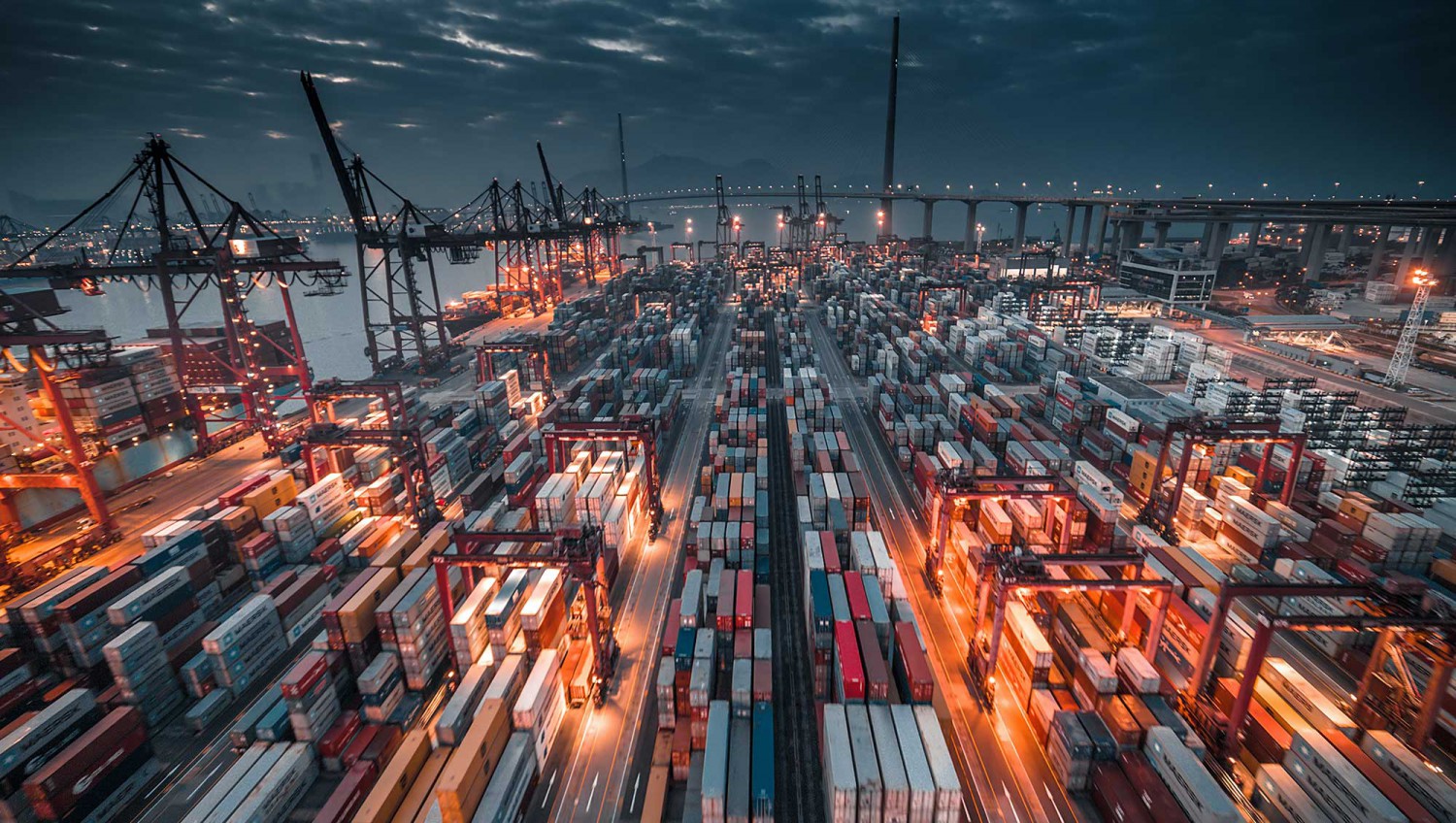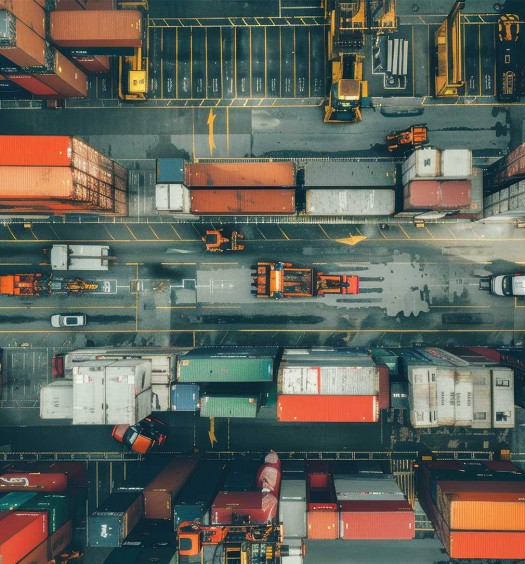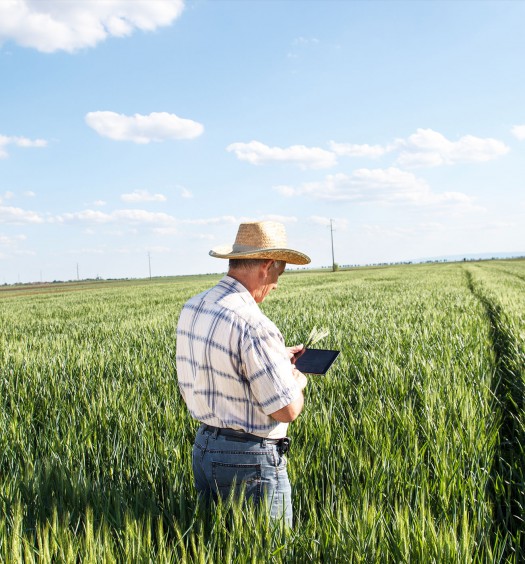A new war that makes us forget about Ukraine (and its military challenges), the Nagorno-Karabakh, the Sahel, and so many other conflicts. The planet is a cauldron, and as usual, the price of gold over $2,000 per ounce for a few days reflects these anxieties.
Faced with such tragedies, it may seem inappropriate to talk about markets, even though they serve as a good barometer. The Israel-Hamas conflict is not expected to have a comparable impact to the events of 1973 that led to the first oil shock. The doomsday scenario presented by the World Bank (pushing the barrel price up to $157) does not appear credible. In the initial days following October 7, the price of oil rose by $4 or $5 but quickly retraced. In reality, major Arab producers are hesitant to use the “weapon” of oil. Saudi Arabia has already reduced its production by one million barrels per day and shows no apparent desire to go further. Iran may face challenges from stricter U.S. sanctions than in recent months, but this could be partially offset by the lifting of the U.S. embargo on Venezuelan oil. Global oil market balances are not expected to change significantly, and prices are likely to remain around $80.
In fact, natural gas had the most significant reaction in the aftermath of October 7. Israel closed its main gas field, limited deliveries to Egypt, which had to cut its LNG shipments. This was enough for the European TTF to rise above 50 euros. However, with gas storage in Europe exceeding 99% of capacity (including surpluses stored in Ukraine), concerns, even with a harsh winter, are limited. On the contrary, an oversupply of LNG is anticipated for 2024 with the commissioning of new liquefaction capacities in the United States. The conflict coincides with the opening of COP28 in the UAE. The atmosphere is likely to be tense with the United States at odds, and a political situation already focused on the 2024 electoral deadline and the unlikely Biden-Trump showdown. As for China, its economic situation continues to raise concerns, and the record level of oil, gas, and coal imports bodes ill for energy transition.
The contrast is immense between the magnitude of the challenges facing the planet, requiring global responses, and the fragmentation of a world tearing itself apart. Raymond Aron was painfully correct in 1969 when he stated, “I believe that everything is always in question, that everything is always to be saved, that nothing is definitively acquired, and that there will never be peace on Earth for people of goodwill.
This is an excerpt from the monthly summary published by the CyclOpe Circle.The full version, spanning 150 pages, is available by subscription. For more information, please contact us at cyclope@ampersandworld.ch.
The Cercle CyclOpe
Its purpose is to regularly bring together market participants in international markets: bankers, insurers, brokers, managers, traders, producers, and consumers gather to exchange informally over lunch.
A complete membership in the CyclOpe Circle includes:
• Les réunions du Cercle:
• Attendance at CyclOpe Circle Meetings:
– Six lunches taking place in Paris at the Automobile Club de France.
– Six lunches taking place in Geneva at the Cercle de La Terrasse.
• Annual CyclOpe Report (Available in both print and digital versions, in English and French).
• Access to the CyclOpe Circle of Experts and the international CyclOpe network.
• Subscription to the monthly summary (Every month, it’s a comprehensive document of over 150 pages).
To subscribe to CyclOpe reports or events, you can contact us at cyclope@ampersandworld.ch.
















Social Community